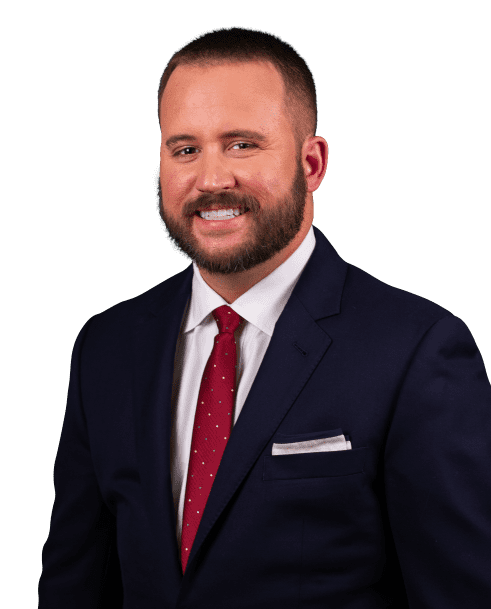Chicago area and Illinois businesses that offer an employer-sponsored retirement plan are familiar with the high number of regulations governing these plans. While small plans are required to comply with some aspects of the Employee Retirement Income Security Act (ERISA), it is large plans that bear most of the burden. Given the diverse requirements imposed on plan sponsors, it is not surprising that from time-to-time errors occur. To make error resolution simple and straightforward, the IRS allows most issues to be corrected through the Employee Plan Compliance Resolution System (EPCRS). Earlier this year, the IRS released Revenue Procedure 2021-30 which makes several important changes. To help clients, prospects, and others, Selden Fox has provided a summary overview of the major changes below.
Anonymous Voluntary Correction Plan (VCP) Submissions
Under prior regulations, a plan sponsor could anonymously submit a VCP application and come to an agreement with the IRS about the needed correction steps prior to revealing the plan’s identity. These submissions were naturally used by plan sponsors that had committed very serious errors that existing EPCRS rules did not provide clear guidance on how to remediate and resolve. Unfortunately, the new guidance eliminates this option effective January 1, 2022.
However, under new regulations, plan sponsors can participate in a free and anonymous VCP pre-submission conference in which discussions about a proposed correction method can be held with the IRS prior to submission. A plan sponsor files Form 8950, Application for Voluntary Correction Program (VCP) Submission Under the Employee Plans Compliance Resolution System to request a conference. These conferences are only held at the discretion of the IRS and oral feedback received about the error and proposed correction will be provided. However, it is important to note any guidance should be considered advisory and non-binding.
Extended Safe Harbor for Automatic Contributions
There has been a three-year extension provided for the safe harbor correction method available for missed elective deferrals for eligible employees subject to an automatic contribution feature. This change means the safe harbor program is now available through December 31, 2023.
De Minimis Correction Threshold
Certain plan corrections are not required if a de minimis threshold has not been met. Under prior regulations, the threshold was $100, but it has now been increased to $250 for overpayments and excess amounts.
Extended Correction Period Under SCP
Although insignificant plan errors can be remedied through the Self Correction Program (SCP) at any time, significant plan failures are another matter. Under prior regulations, the self-correction deadline for significant failures was the last day of the second plan year in which the failure occurred. However, it has been changed to allow remedies to be implemented by the last day of the third plan year following the year in which the failure occurred.
Plan Amendments Under SCP
Under prior regulations, a plan sponsor could correct an operational failure by plan amendment only if the amendment resulted in an increase of a benefit, right or feature to all employees eligible to participate in the plan. Rev. Proc. 2021-30 eliminated this requirement, and so plan sponsors have more options to use retroactive plan amendments to correct operational failures under SCP.
New Overpayment Correction Methods
The new guidance outlines two new overpayment correction methods including the Funding Exception Correction Method and the Contribution Credit Correction Method. Both options make it easier for defined benefit plans to resolve overpayment issues by facilitating repayments.
Contact Us
These changes provide additional time and flexibility for Chicago plan sponsors to resolve most issues. Given the complexity of certain changes, it is important to consult with a qualified advisor with questions about your situation. If you have questions about the information outlined above or need assistance with a retirement plan audit, Selden Fox can help. For additional information call us at 630.954.1400 or click here to contact us. We look forward to speaking with you soon.




